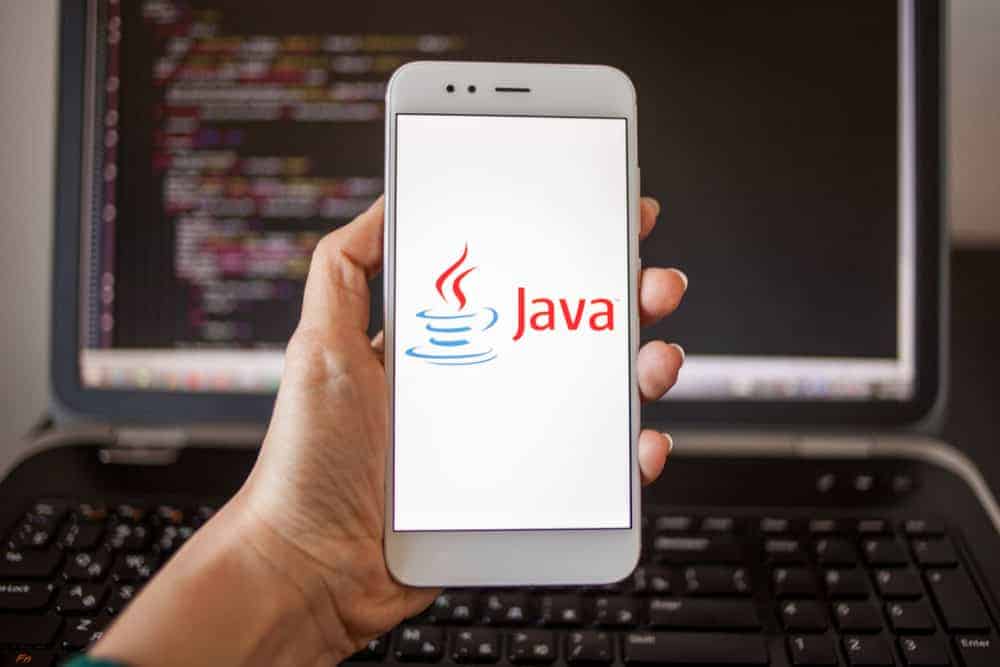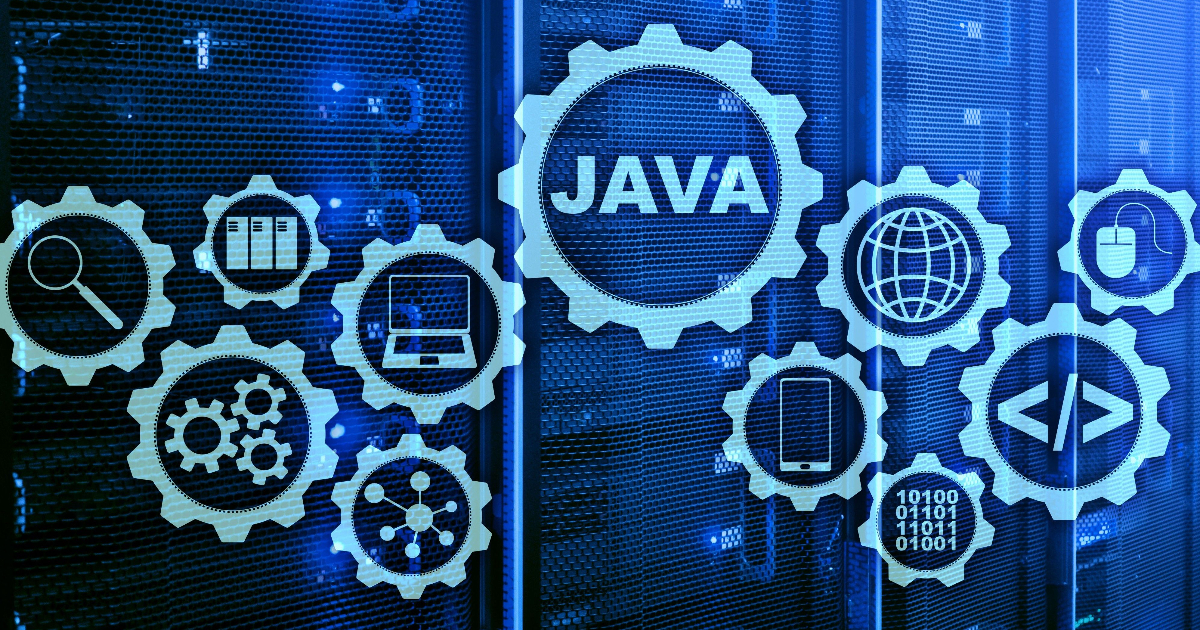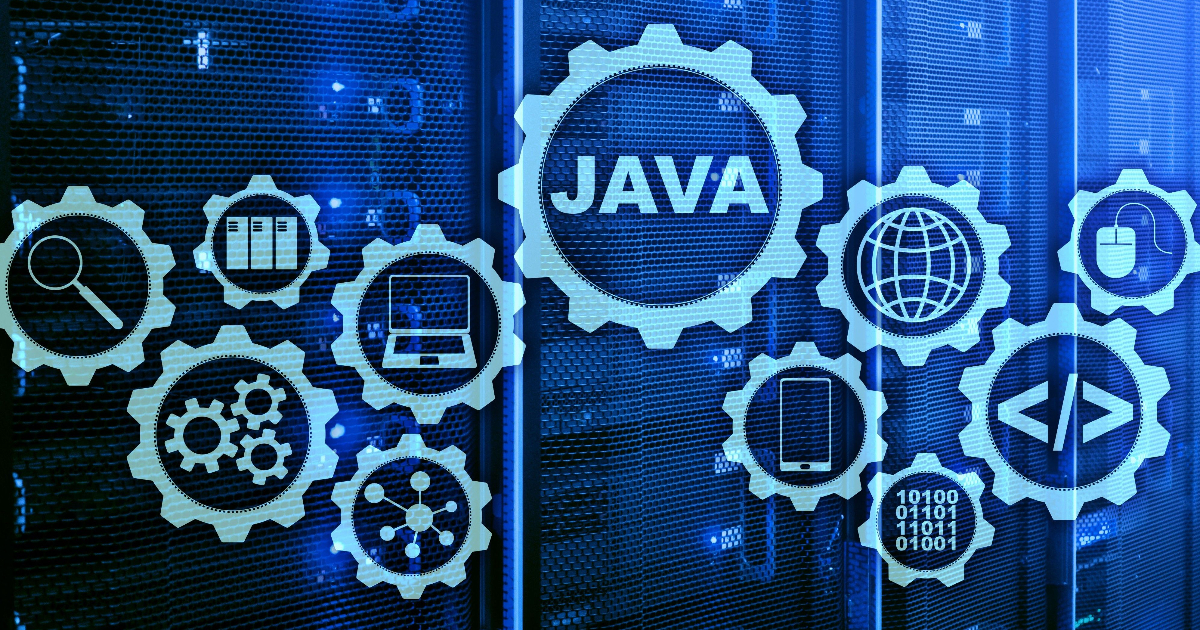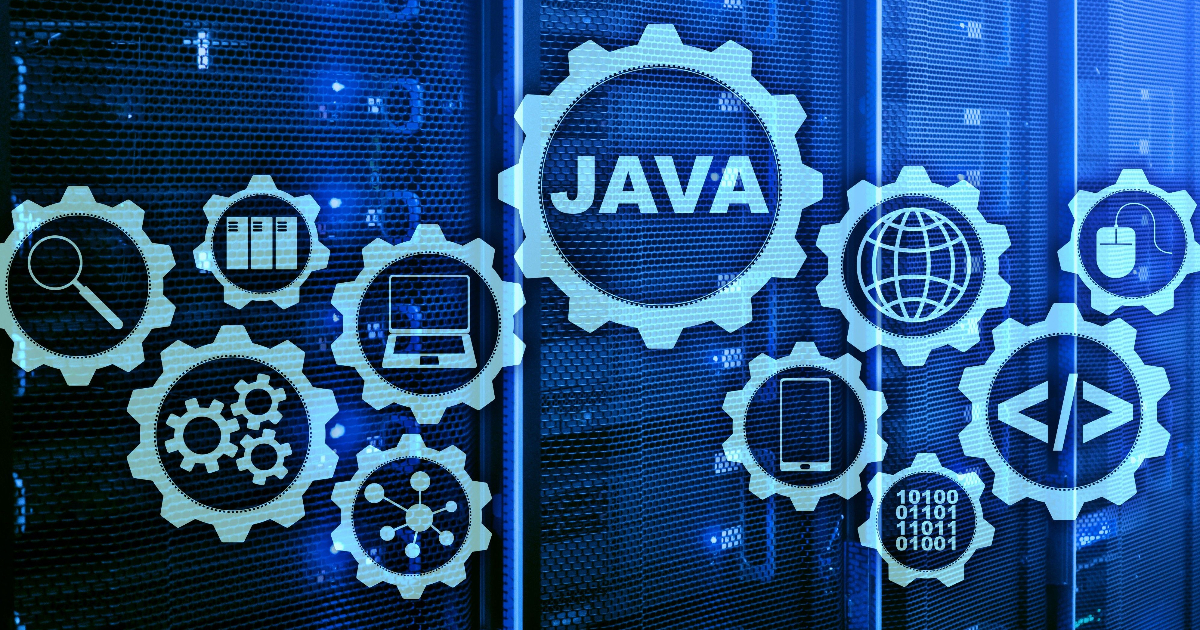#java
#java
[ follow ]
#software-development #spring-framework #programming-languages #jvm #scala #jdk #jakarta-ee #openjdk #python
fromDevOps.com
2 weeks agoSurvey Surfaces Massive Amount of Java Technical Debt
A global survey of 2,039 Java developers published today finds 63% reporting that dead and unused code adversely affects their team's productivity, with 22% describing the impact of that technical debt as being severe. Conducted by Dimensional Research on behalf of Azul, a provider of a distribution of OpenJDK, the survey also finds that more than half (56%) now deal with a Common Vulnerability and Exposure (CVE) involving Java on a daily or weekly basis.
Java
fromMedium
2 weeks agoI Can't Believe Rust Is Replacing Java
XAI just open sourced the X recommendation algorithm, and honestly, it felt like they massacred my boy. I scrolled down expecting to see language stats like the 2023 repo. You know the usual breakdown: Java, Scala, maybe some Python sprinkled in. Instead, there were only two languages listed. Rust and Python. That's it. Which immediately tells you this wasn't a refactor. This was a full rewrite.
Software development
fromVue.js Jobs
3 weeks agoSenior Software Engineer, Search Platform at GetYourGuide - VueJobs
Join the GetYourGuide journey to connect people with unforgettable travel experiences around the world. Millions look to us for unique activities they can trust, and it's all powered by our commitment to make every single journey extraordinary - including yours. Ready to unlock your potential with a community of fellow explorers? Find your next role at our Berlin HQ or one of our local offices around the globe, from New York to Bangkok. Head to getyourguide.careers to take the first step.
Software development
fromInfoQ
1 month agoJava News Roundup: Spring Vault, LangChain4j, Seed4J, Infinispan, Gradle
This week's Java roundup for December 22nd, 2025, features news highlighting: new interfaces, VaultClient and ReactiveVaultClient, in Spring Vault; point releases for LangChain4j and Seed4J; maintenance releases for Micronaut, Quarkus and Infinispan; and the second release candidate of Gradle 9.3. JDK 26 Build 29 remains the current build in the JDK 26 early-access builds. More details on this release may be found in the release notes.
Java
fromInfoQ
2 months agoTornadoVM 2.0 Brings Automatic GPU Acceleration and LLM support to Java
The TornadoVM project recently reached version 2.0, a major milestone for the open-source project that aims to provide a heterogeneous hardware runtime for Java. This release is likely to be of particular interest to teams developing LLM solutions on the JVM. The project automatically accelerates Java programs on multi-core CPUs, GPUs, and FPGAs. It does not replace existing JVMs, but instead adds the capability of offloading Java code to the backends,
Java
fromMedium
2 months agoFixing Java SSL Certificate Issues with GitHub Packages: A Complete Guide
If you've encountered SSL certificate errors while trying to download Maven dependencies from GitHub Packages, you're not alone. The error typically looks something like this: PKIX path building failed: sun.security.provider.certpath.SunCertPathBuilderException:unable to find valid certification path to requested target This happens because Java maintains its own truststore (cacerts file) that contains trusted SSL certificates. If GitHub's certificate isn't in your Java truststore, your build tool (Maven/Gradle) will refuse to connect.
Java
fromInfoWorld
3 months agoA practical guide to high-performance serverless with GraalVM and Spring
The Java Virtual Machine (JVM) is a marvel of engineering, optimized for long-running, high-performance applications. Its just-in-time (JIT) compiler analyzes code as it runs, making sophisticated optimizations to deliver incredible peak performance. But this strength becomes a weakness in a serverless model. When a Lambda function starts cold, the JVM must go through its entire initialization process: loading classes, verifying bytecode and beginning the slow warm-up of the JIT compiler. This can take several seconds - an eternity for a latency-sensitive workflow.
Java
fromO'Reilly Media
3 months agoThe Java Developer's Dilemma: Part 3
In the first article we looked at the Java developer's dilemma: the gap between flashy prototypes and the reality of enterprise production systems. In the second article we explored why new types of applications are needed, and how AI changes the shape of enterprise software. This article focuses on what those changes mean for architecture. If applications look different, the way we structure them has to change as well.
Java
fromInfoQ
6 months agoOrchestrating AI Services with the Spring AI Framework
First things first, you're going to select your LLM. You can go with OpenAI. It's a pretty standard choice for your Hello World. You're going to go to the documentation and you'll see how to actually do a Hello World using OpenAI. Of course, you'll see Python over there. Python is always there. I'm going to count as a win because we're starting to see examples in Java as well.
Software development
fromInfoWorld
6 months agoJRebel Enterprise speeds configuration, code updates for cloud-based Java development
Perforce Software has introduced JRebel Enterprise, software that promises to accelerate the configuration of cloud-based Java development environments, and that enables incremental code changes to Java applications, eliminating the need to redeploy entire applications for every change, the company said. Announced August 19, JRebel Enterprise skips Java application redeploys for minor code changes and automatically configures Java environments to support changing Java development environments at enterprise scale, Perforce said.
Java
fromInfoQ
6 months agoJava News Roundup: EclipseStore, Gradle, Hibernate Release Candidates, Piranha Cloud, LangChain4j
The release of EclipseStore 3.0.0 delivers bug fixes and new features that introduce: GigaMap, a specialized collection aimed at optimizing performance and memory usage in EclipseStore; and Storage Graph Analysis, APIs that export a storage graph structure without user data.
Java
fromInfoQ
7 months agoJava News Roundup: Spring gRPC, Micronaut, JReleaser, Tomcat, Quarkus Legacy Config Classes
The release of Spring gRPC 0.9.0 delivers notable changes such as: the removal of the GrpcClientFactoryCustomizer in favor of the GrpcChannelBuilderCustomizer interface and the ability to filter global interceptors.
Java
Java
fromInfoQ
8 months agoBringing GPU-Level Performance to Enterprise Java: A Practical Guide to CUDA Integration
Java can integrate with CUDA to achieve significant performance gains in workloads.
JNI allows developers to connect Java with native CUDA for high-performance tasks.
Understanding concurrency vs multithreading is essential for utilizing CUDA effectively.
GPU computing offers benefits beyond AI, applicable to secure data processing and more.
Java
fromInfoQ
8 months agoJava News Roundup: GlassFish, JEPs Targeted for JDK 25, TornadoVM, Hibernate Reactive, Spring Cloud
GlassFish 8.0 milestone release enhances resource management and bug fixes, crucial for Jakarta EE support.
JEP 509 targets JDK 25 with experimental CPU-Time Profiling feature enhancement.
Java
fromInfoQ
9 months agoJava at 30: A Retrospective on a Language That Has Made a Big Impact
Java was introduced by Sun Microsystems on May 23, 1995, as a simpler and more secure alternative to C++.
Over 30 years, Java has evolved significantly, overcoming challenges and remaining vital in software development.
Java
fromInfoQ
9 months agoJava News Roundup: Java Turns 30, Hibernate ORM 7.0, Embabel, jaz, Open Liberty, Eclipse DataGrid
Java celebrates its 30th anniversary, highlighting its influential role in programming.
Significant updates in enterprise technologies with Hibernate ORM 7.0 and Validator 9.0, and the introduction of new tools.
[ Load more ]





























